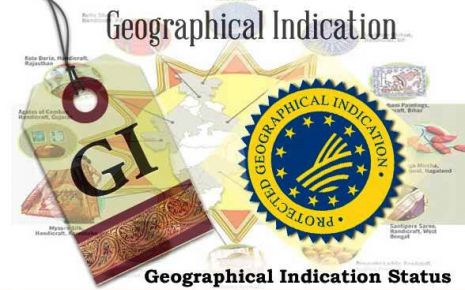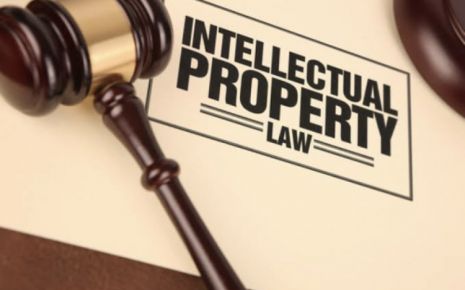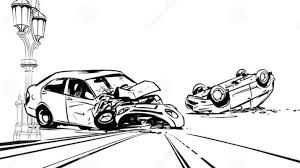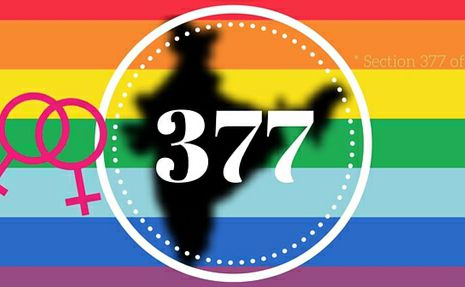Cancellation of Registered Design and Nature of prior publication
This article analyzes the legal implications of the appeal filed under Section
19(2) of the Designs Act, 2000, concerning the cancellation of a registered
design for an air cooler. The appeal challenges the order of cancellation passed
by the Deputy Controller of Patents and Designs, which was based on alleged
prior publication of the design in China. The High Court's decision to set aside
the cancellation order and remand the case for fresh adjudication underscores
critical legal considerations regarding prior publication and the evidentiary
standards required for design cancellation under Indian law.
Fact:
The appellant, engaged in the business of designing, manufacturing, selling, and exporting industrial air coolers since 2009-2010, registered a design (No. 233559) for an air cooler on 23 December 2010. On 4 May 2021, the respondent sought the cancellation of this registered design under Section 19 of the Designs Act, 2000, claiming that the design had been previously published in China. The Deputy Controller of Patents and Designs, relying primarily on information from the China National Intellectual Property (CNIPA) website, cancelled the registration on 12 April 2023. However, the High Court subsequently set aside this order, questioning the validity of the evidence and the interpretation of what constitutes prior publication.
Finding:
The High Court's examination revealed several critical flaws in the Deputy Controller's decision. It emphasized that prior publication must be established with clear, tangible evidence that someone skilled in the relevant field can understand and apply. The publication should involve a clear, tangible depiction of the design applied to the same article, either through physical samples or detailed photographs. The six-view images presented as evidence were unverified and lacked sufficient clarity and specificity to meet these standards. Consequently, the court found that the cancellation order was based on a preconceived notion of publication without adequately addressing the legal requirements or verifying the authenticity of the evidence.
Legal Implication:
This case highlights the stringent standards for proving prior publication under the Designs Act, 2000. The ruling underscores the necessity for concrete, verifiable evidence to demonstrate that a design has been published in a manner that is accessible and comprehensible to those skilled in the field. It clarifies that mere registration of a design in another jurisdiction, without clear and tangible proof of its publication in a manner that allows replication or visualization, does not suffice to establish prior publication. The decision reinforces the protection offered to registered designs in India, ensuring that cancellation requires robust and admissible evidence.
Ratio:
The High Court's rationale centered on the definition and evidentiary standards for prior publication. The court underscored that prior publication requires the design to be disclosed in a tangible form that clearly illustrates its application to the article in question. Unverified images from a foreign website do not meet the stringent requirements for prior publication.
Concluding Note:
The High Court's decision to set aside the cancellation of the appellant's design for an air cooler and remand the matter for fresh adjudication is a significant affirmation of the stringent standards required for proving prior publication under the Designs Act, 2000. This case serves as a crucial precedent, emphasizing the importance of verifiable and clear evidence in cancellation proceedings and reinforcing the legal protections afforded to registered designs in India.
Case Title: Paresh Ajitkumar Kapoor vs Controller Of Patents
Order Date: 24.05.2024
Case No. AID/5/2023
Neutral Citation:NA
Name of Court: Calcutta High Court
Name of Hon'ble Judge: Ravi Krishan Kapur. H.J.
Disclaimer:
Ideas, thoughts, views, information, discussions and interpretation expressed herein are being shared in the public Interest. Readers' discretion is advised as these are subject to my subjectivity and may contain human errors in perception, interpretation and presentation of the fact and issue involved herein.
Written By: Advocate Ajay Amitabh Suman, IP Adjutor - Patent and Trademark Attorney
Email: [email protected], Ph no: 9990389539
Fact:
The appellant, engaged in the business of designing, manufacturing, selling, and exporting industrial air coolers since 2009-2010, registered a design (No. 233559) for an air cooler on 23 December 2010. On 4 May 2021, the respondent sought the cancellation of this registered design under Section 19 of the Designs Act, 2000, claiming that the design had been previously published in China. The Deputy Controller of Patents and Designs, relying primarily on information from the China National Intellectual Property (CNIPA) website, cancelled the registration on 12 April 2023. However, the High Court subsequently set aside this order, questioning the validity of the evidence and the interpretation of what constitutes prior publication.
Finding:
The High Court's examination revealed several critical flaws in the Deputy Controller's decision. It emphasized that prior publication must be established with clear, tangible evidence that someone skilled in the relevant field can understand and apply. The publication should involve a clear, tangible depiction of the design applied to the same article, either through physical samples or detailed photographs. The six-view images presented as evidence were unverified and lacked sufficient clarity and specificity to meet these standards. Consequently, the court found that the cancellation order was based on a preconceived notion of publication without adequately addressing the legal requirements or verifying the authenticity of the evidence.
Legal Implication:
This case highlights the stringent standards for proving prior publication under the Designs Act, 2000. The ruling underscores the necessity for concrete, verifiable evidence to demonstrate that a design has been published in a manner that is accessible and comprehensible to those skilled in the field. It clarifies that mere registration of a design in another jurisdiction, without clear and tangible proof of its publication in a manner that allows replication or visualization, does not suffice to establish prior publication. The decision reinforces the protection offered to registered designs in India, ensuring that cancellation requires robust and admissible evidence.
Ratio:
The High Court's rationale centered on the definition and evidentiary standards for prior publication. The court underscored that prior publication requires the design to be disclosed in a tangible form that clearly illustrates its application to the article in question. Unverified images from a foreign website do not meet the stringent requirements for prior publication.
Concluding Note:
The High Court's decision to set aside the cancellation of the appellant's design for an air cooler and remand the matter for fresh adjudication is a significant affirmation of the stringent standards required for proving prior publication under the Designs Act, 2000. This case serves as a crucial precedent, emphasizing the importance of verifiable and clear evidence in cancellation proceedings and reinforcing the legal protections afforded to registered designs in India.
Case Title: Paresh Ajitkumar Kapoor vs Controller Of Patents
Order Date: 24.05.2024
Case No. AID/5/2023
Neutral Citation:NA
Name of Court: Calcutta High Court
Name of Hon'ble Judge: Ravi Krishan Kapur. H.J.
Disclaimer:
Ideas, thoughts, views, information, discussions and interpretation expressed herein are being shared in the public Interest. Readers' discretion is advised as these are subject to my subjectivity and may contain human errors in perception, interpretation and presentation of the fact and issue involved herein.
Written By: Advocate Ajay Amitabh Suman, IP Adjutor - Patent and Trademark Attorney
Email: [email protected], Ph no: 9990389539
Law Article in India
Legal Question & Answers
Lawyers in India - Search By City
LawArticles
How To File For Mutual Divorce In Delhi

How To File For Mutual Divorce In Delhi Mutual Consent Divorce is the Simplest Way to Obtain a D...
Increased Age For Girls Marriage

It is hoped that the Prohibition of Child Marriage (Amendment) Bill, 2021, which intends to inc...
Facade of Social Media

One may very easily get absorbed in the lives of others as one scrolls through a Facebook news ...
Section 482 CrPc - Quashing Of FIR: Guid...

The Inherent power under Section 482 in The Code Of Criminal Procedure, 1973 (37th Chapter of t...
The Uniform Civil Code (UCC) in India: A...

The Uniform Civil Code (UCC) is a concept that proposes the unification of personal laws across...
Role Of Artificial Intelligence In Legal...

Artificial intelligence (AI) is revolutionizing various sectors of the economy, and the legal i...








Please Drop Your Comments